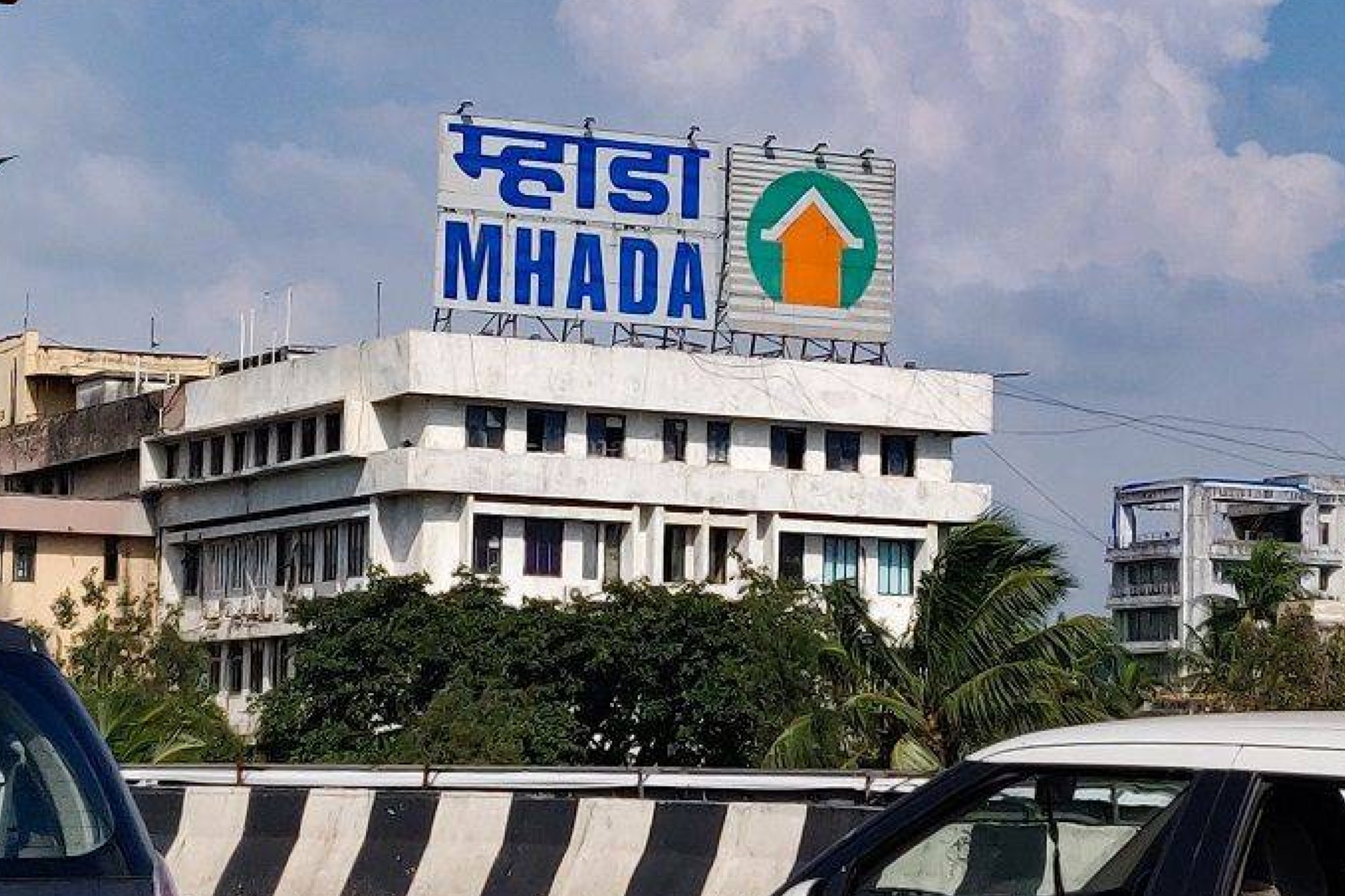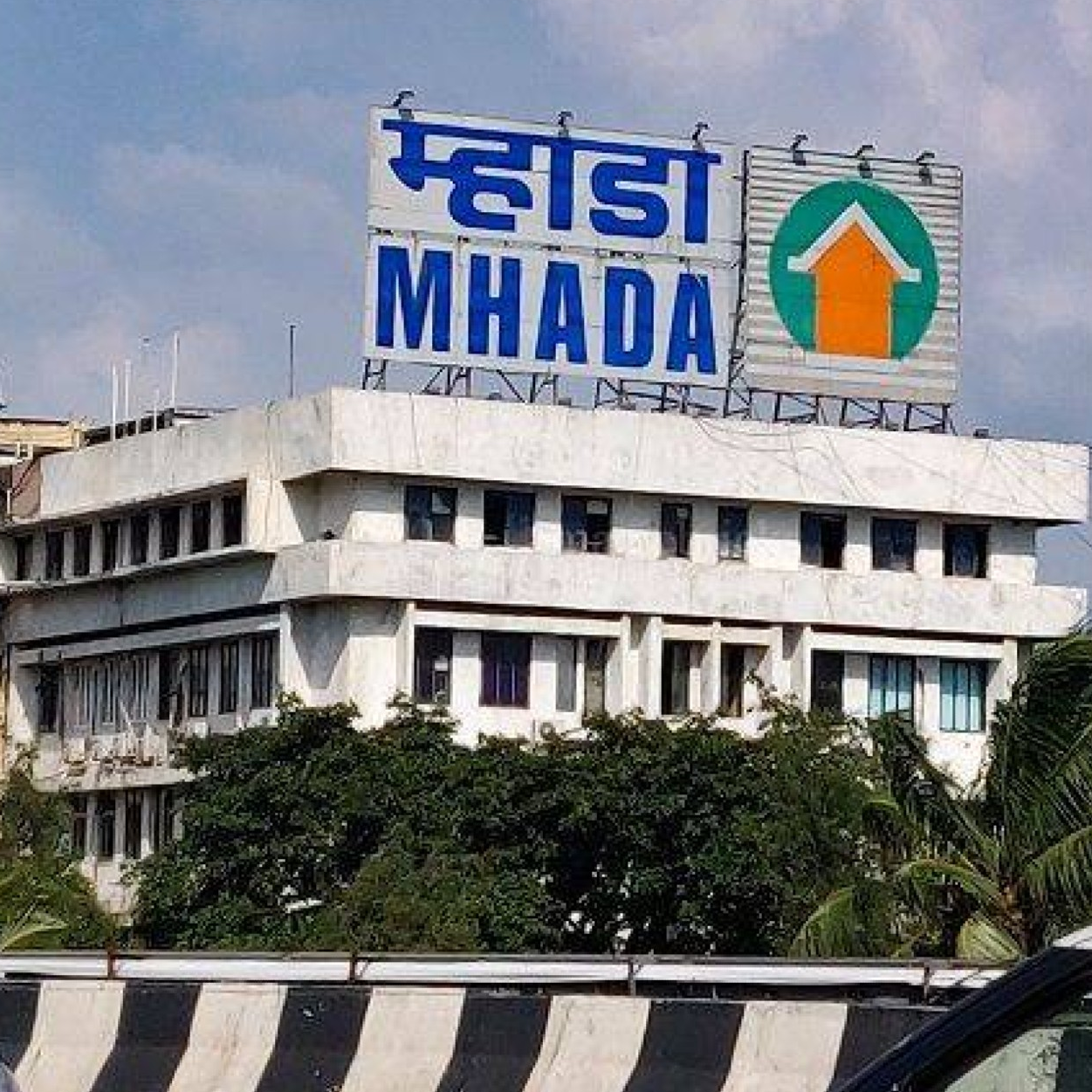
MHADA’s Strategic Vision: Building Homes, Shaping Futures, Driving Urban Growth
Mumbai, the financial capital of India, is a city of immense opportunity but limited space. Spread across just 603 square kilometers and bordered by the sea on three sides, the city struggles to accommodate its ever-growing population. Each day, thousands migrate here seeking education, employment, and a better quality of life, adding pressure to an already dense urban landscape. Rising real estate prices and scarce land make affordable housing a critical challenge for lower and middle-income families, demanding innovative and sustainable solutions.
Under the leadership of IAS Sanjeev Jaiswal, Vice President & CEO of MHADA, the authority has been transforming Mumbai’s housing landscape for over 76 years. By combining redevelopment, digital lottery systems, and transparent governance, MHADA ensures that housing is not only accessible but also inclusive and forward-looking. Initiatives like Growth Hubs and large-scale redevelopment projects are now setting new benchmarks in urban planning, offering safe, dignified, and affordable homes to thousands of families across the city.
Redevelopment: Revitalizing Urban Living
Redevelopment is not merely about replacing old structures—it revitalizes neighbourhoods, upgrades living standards, and optimizes scarce land. MHADA’s projects cater to diverse communities, particularly lower and middle-income families who often face exclusion from Mumbai’s high-priced real estate market. Over the past thirty months, 18 lotteries conducted across Maharashtra have allotted nearly 42,000 homes from 9.25 lakh applications via the faceless IHLMIS 2.0 system, demonstrating transparency and building public trust.
Growth Hubs: Meeting Emerging Needs
Housing needs in Mumbai have evolved beyond permanent ownership. Student hostels, working women’s accommodations, rental homes for migrant workers, and old age homes are increasingly in demand. To address this, the Central Government, guided by NITI Aayog’s “Housing for All” vision, introduced the Growth Hub Project.
Growth Hubs aim to expand housing stock while boosting Maharashtra’s economy and strengthening Mumbai’s position as a global financial hub. In line with Prime Minister Narendra Modi’s $5 trillion economy vision, the MMR region is projected to grow from $140 billion today to $300 billion by 2030 and $1.5 trillion by 2047. MHADA is committed to delivering eight lakh affordable homes by 2030 as part of the 30 lakh homes planned statewide. These hubs go beyond conventional housing, including short-term rentals, safe accommodations for women, student hostels, and old age homes, reflecting a forward-thinking, inclusive approach.
Landmark Redevelopment Projects
MHADA’s redevelopment initiatives are reshaping Mumbai’s skyline:
• B.D.D. Chawls, Central Mumbai: 16,000 families to receive new homes while retaining ownership rights.
• Punjabi Colony, GTB Nagar: The first project under the C&D model, setting a precedent for redevelopment.
• Siddharth Nagar, Patrachawl: Long-awaited homes delivered to beneficiaries.
• Moti Lal Nagar: Poised to become the country’s second-largest redevelopment, offering 1,600 sq. ft. homes.
• Kamathipura: Century-old structures replaced with modern, dignified housing in a heritage zone.
Additional projects at Abhyudaya Nagar, Jogeshwari Poonam Nagar, Sardar Vallabhbhai Patel Nagar in Andheri, Worli Adarsh Nagar, and Bandra Reclamation will collectively add nearly six lakh homes to Maharashtra’s housing stock.
Overcoming Challenges
Challenges remain, including limited land availability, legal disputes, delays in resident consent, and administrative complexities. True urban transformation requires parallel investments in transport, water supply, sanitation, healthcare, education, and sustainable, eco-friendly development practices. Building and maintaining citizen trust is central to the success of redevelopment and Growth Hub initiatives.
Citizen-Centric Governance
MHADA has institutionalized participatory and transparent governance through Lokshahi Din and Janata Darbar, providing citizens direct access to decision-makers.
• Lokshahi Din: Enables swift resolution of long-pending housing and redevelopment cases.
• Janata Darbar: Facilitates open dialogue with MHADA’s nine regional boards, presided over by Chief Officers. Many cases over thirty years old have been resolved in the past two years, restoring public confidence.
Towards Inclusive, Sustainable Urban Development
MHADA’s approach integrates social justice, economic growth, and environmental sustainability. Redevelopment, cluster development, and Growth Hubs collectively address housing shortages, enhance economic activity, and align with national sustainable development goals. The Growth Hub Project embodies a comprehensive vision linking affordability, inclusivity, and resilience, ensuring that Mumbai’s housing is not only accessible and dignified but also sustainable and future-ready.
The Brihanmumbai Dahanukar Chawls, constructed in the 1920s in Worli, Naigaon, and NM Joshi Marg, are being transformed into modern 2BHK apartments. This redevelopment project will provide over 16,000 families with safe, dignified homes, open spaces, and access to community amenities. The initiative balances heritage preservation with the need for modern housing, ensuring that the spirit of Mumbai’s working-class neighbourhoods continues while offering residents comfort and security.
Kamathipura: Reviving Mumbai’s Historic Core
The Kamathipura redevelopment project, spanning nearly 28 acres and covering lanes 1 to 15, is a landmark in Mumbai’s housing history. This initiative will rehouse 8,001 residents, compensate 800 landowners, and rebuild 943 cessed buildings into high-rise towers reaching up to 78 floors. By replacing precarious structures with modern, high-rise communities, the project restores safety, dignity, and liveability to one of the city’s oldest neighbourhoods.
Siddharth Nagar and Punjabi Colony: Restoring Trust and Stability
MHADA’s redevelopment of Siddharth Nagar (Patra Chawl) and Punjabi Colony (GTB Nagar) highlights the agency’s commitment to equitable housing. In Goregaon West, residents are receiving modern 650 sq. ft. flats equipped with lifts, gardens, and community halls. In Sion, 1,200 Punjabi and Sindhi families displaced years ago are moving into spacious 635 sq. ft. homes across 25 redeveloped buildings. These initiatives end decades of housing uncertainty, giving families security, pride, and a renewed sense of belonging.
PMGP Colony, Jogeshwari: Rebuilding Dreams Through Government Intervention
The Prime Minister’s Grant Project (PMGP) Colony in Jogeshwari, originally constructed in the 1990s, is being modernized under MHADA’s stewardship. Covering 27,625 square meters, the project will deliver 984 contemporary flats of 450 sq. ft., replacing cramped 180 sq. ft. tenements. This redevelopment ensures dignity for residents, protects tenants’ rights, and exemplifies how government-led initiatives can revive stalled projects while improving urban living conditions.
Building a Sustainable, Smart, and Inclusive Mumbai
MHADA’s redevelopment initiatives go beyond housing—they integrate Green Building standards, renewable energy solutions, and digital transparency. By creating environmentally conscious communities and leveraging mega-infrastructure projects such as Atal Setu, Coastal Road, Navi Mumbai Airport, Metro lines, and Samruddhi Mahamarg, Mumbai is being reimagined as a global, sustainable metropolis. These projects ensure residents live in secure, comfortable, and modern surroundings, while the city remains future-ready and globally competitive.
Towards the Mumbai of Tomorrow
From Motilal Nagar to Kamathipura, Siddharth Nagar to Jogeshwari, MHADA’s redevelopment projects are redefining Mumbai’s skyline and urban fabric. These initiatives provide a blueprint for sustainable, inclusive, and modern urban living while addressing decades-old housing challenges.
Through strategic leadership, visionary planning, and efficient execution, Mumbai is emerging as a city where every citizen can live with dignity, security, and pride. The transformation is not only about modern buildings—it is about creating communities, restoring trust, and building the foundation for a brighter, safer, and more sustainable future.



